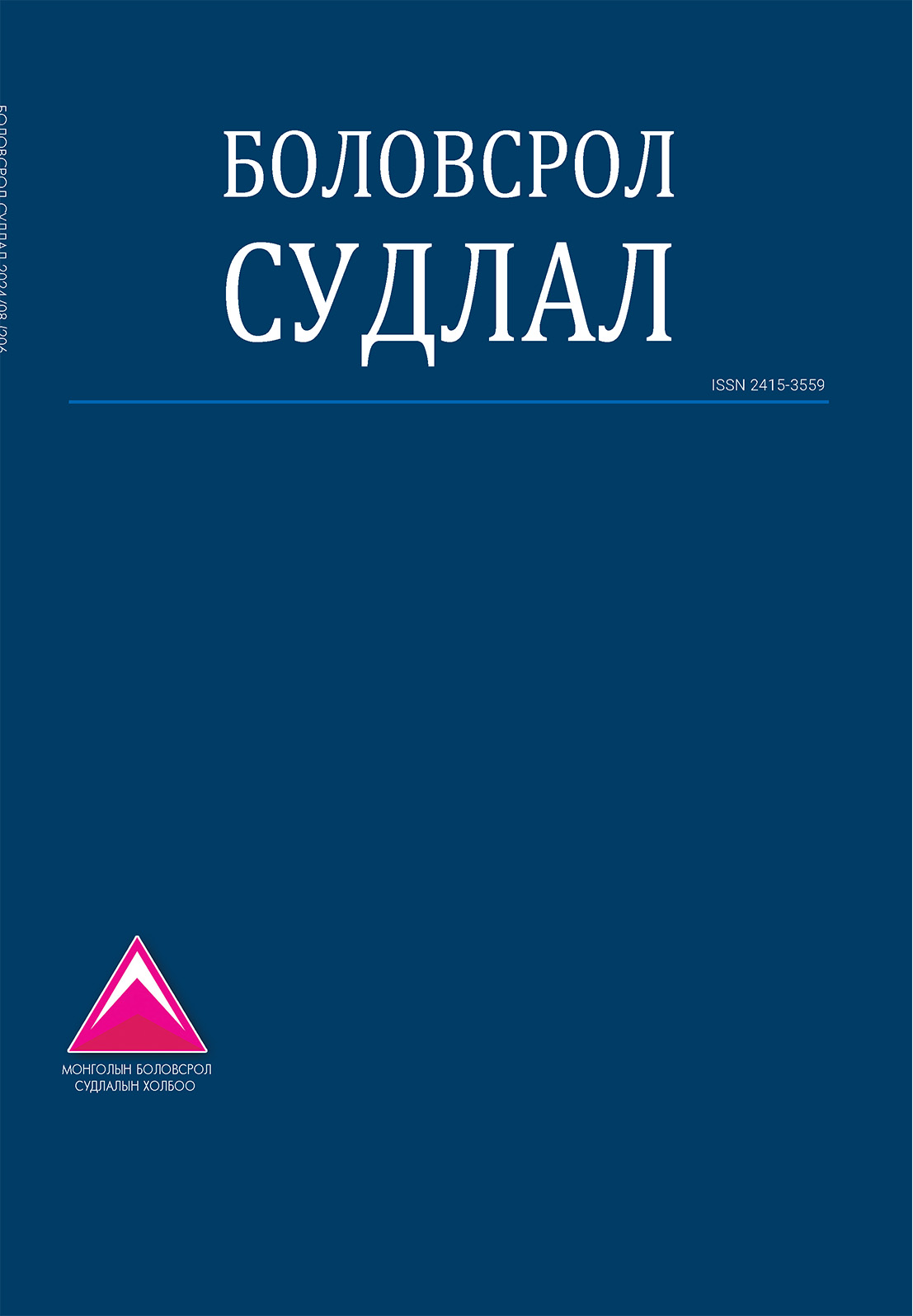Review of Research on Climate Change Literacy
Keywords:
Climate Change, Literacy, ReviewAbstract
As the issue of global climate change becomes increasingly pressing, climate change literacy is emerging as a vital competency for tackling this challenge. This study seeks to analyze the development trends, geographic distribution, and content characteristics of scientific publications on climate change literacy, utilizing document analysis and statistical methods. It reviews academic articles published between 2010 and 2024 in the Web of Science, CNKI, and Google Scholar databases, identifying existing research gaps and proposing future research directions.
References
The UNESCO Strategy for Action on Global Climate Change: http//:www.unesco.org.
Filho, W. L., Wolf, F., Moncada, S., Salvia, A. L., Balogun, A. L. B., Skanavis, C., ... & Nunn, P. D. (2022). Transformative adaptation as a sustainable response to climate change: Insights from large-scale case studies. Mitigation and Adaptation Strategies for Global Change, 27(3), 20.
Stevenson, K. T., Peterson, M. N., Bondell, H. D., Moore, S. E., & Carrier, S. J. (2014). Overcoming skepticism with education: interacting influences of worldview and climate change knowledge on perceived climate change risk among adolescents. Climatic change, 126, 293-304.
Dillon, J., Rickinson, M., & Teamey, K. (2016). The value of outdoor learning: evidence from research in the UK and elsewhere. In Towards a convergence between science and environmental education (pp. 193-200). Routledge.
Wals, A. E., Brody, M., Dillon, J., & Stevenson, R. B. (2014). Convergence between science and environmental education. Science, 344(6184), 583-584.
Zhang Tingting, & Dong Xiaoting (2013).ЮНЕСКО уур амьсгалын өөрчлөлтийн боловсролыг идэвхтэй сурталчилж байгаа.Харьцуулсан боловсролын судалгаа,, 35(4), 2.张婷婷, & 董筱婷. (2013). 联合国教科文组织积极推行气候变化教育.比较教育研究, 35(4), 2.
Steffen, W., Richardson, K., Rockstrцm, J., Cornell, S. E., Fetzer, I., Bennett, E. M., ... & Sцrlin, S. (2015). Planetary boundaries: Guiding human development on a changing planet. science, 347(6223), 1259855.
Johnston, J. D. (2020). Climate change literacy to combat climate change and its impacts. Climate action, 200-212.
Sawassi, A., & Khadra, R. (2021). Bibliometric network analysis of “Water Systems’ adaptation to climate change uncertainties”: Concepts, approaches, gaps, and opportunities. Sustainability, 13(12), 6738.
NOAA.(2009).Climate literacy: The essential principles of climate science. U.S.Climate Change Science Program. Washington, DC.
Dupigny-Giroux, L. A. L. (2008). Introduction—climate science literacy: a state of the knowledge overview. Physical Geography, 29(6), 483-486.
Feder, M. A., & Forrest, S. (Eds.). (2012). Climate change education: Goals, audiences, and strategies: A workshop summary. National Academies Press.
Lay,V.(2016).Climate Literacy: Obstacles to the Development and Spread of Climate Literacy. Socijalna ekologija: časopis za ekološku misao i sociologijska istraživanja okoline, 25(1-2), 39-52.
Alenda-Demoutiez,J.(2022).Climate change literacy in Africa: the main role of experiences. International Journal of Environmental Studies, 79(6), 981-997.
Shen Dana, & He Jieying. (2019). Гадаадын уур амьсгалын өөрчлөлтийн боловсролын ахиц дэвшил, түүний үр дагаврын талаарх судалгаа. Уур амьсгалын өөрчлөлтийн судалгааны ахиц дэвшил, 15(6), 5.申丹娜, & 贺洁颖. (2019). 国外气候变化教育进展及其启示研究.气候变化研究进展, 15(6), 5.
Zhao F, Chen S. (2024).Уур амьсгалын өөрчлөлтийн боловсрол.Wuhan: Төв Хятадын Багшийн их сургуулийн хэвлэл.х. 270-271.赵峰,陈实.(2024).气候变化教育.武汉:华中师范大学出版社,270-271.


